Smart cities: The future of ASEAN-China cooperation
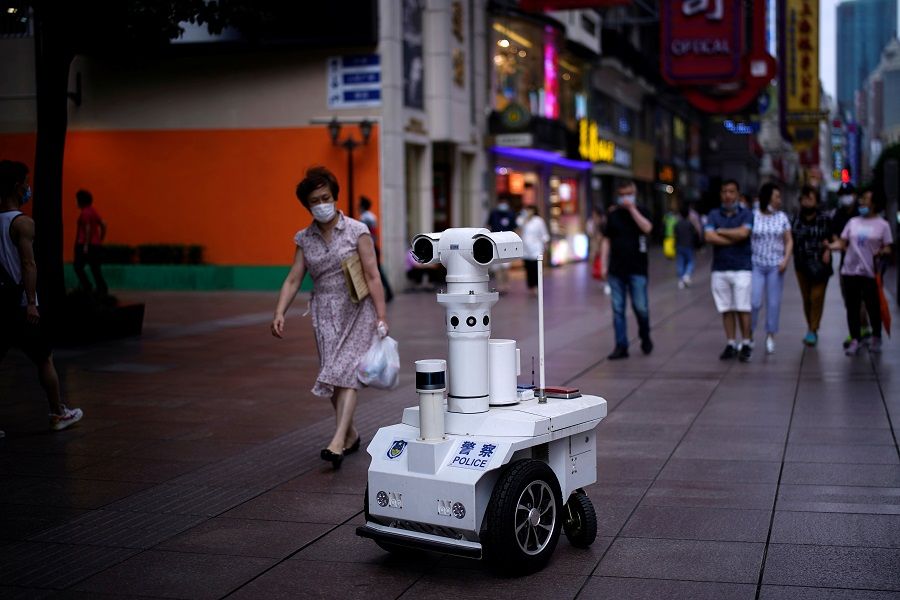
Over the last few years, there has been a fundamental change in the world in terms of the economy and geopolitics. The rise of anti-globalisation sentiment, the China-US trade war, the coronavirus pandemic, the disruption of global supply chains, and the America-led geopolitical containment of China - all of these have posed enormous challenges and uncertainties for the world, and humanity will find ourselves in a very different post-Covid-19 world.
Although Covid-19 in itself does not fundamentally reverse the fortunes of the global economy, post-Covid geopolitics can make that happen. Changes in the world economy and global geopolitics will have a significant influence on the economies of China and the ASEAN region.
We can expect regional economic cooperation to play a more important role as more Chinese companies move their production and trade to ASEAN countries.
For one thing, the structure of global supply chains will see major changes, now that the US and Japan are planning to lure their companies out of China. However, the decoupling process is unlikely to happen in the near future given China's extensive integration into global supply chains. China's role is too big to be replaced and it will continue to play a central role in global industrial and supply chains.
Greater impetus to go regional
The circulation of global resources is considered the most favourable in terms of resource efficiency, and the East Asian economies have been going by a strategy of total integration into the international market in the past. This approach is now facing a big challenge as globalisation is severely disrupted by geopolitics. As the circulation of resources across the globe is threatened, strengthening of international regional cooperation has become a matter of particular importance.
China has been working hard in opening up new channels for international economic cooperation. The Belt and Road Initiative and ASEAN's 10+1 platform (with dialogue partners such as China) are avenues for promoting international and regional cooperation. We can expect regional economic cooperation to play a more important role as more Chinese companies move their production and trade to ASEAN countries.
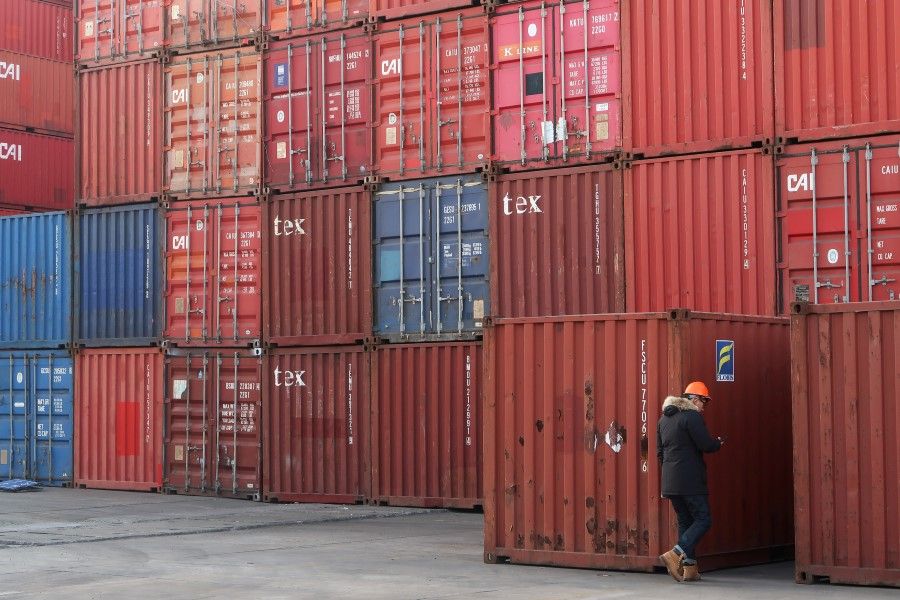
ASEAN is seen as a big winner as a result of the US's protectionist policies. ASEAN has surpassed the US to become China's second largest trading partner in 2019, and was its largest trading partner in the first three months of 2020. It could replace the EU to become China's largest trading partner within one or two years.
The digital economy should be a focus of future cooperation between ASEAN and China, as it is a key component of the new economy and will be a major growth engine for the future.
David P. Goldman has observed in his recent article published in the Asia Times that there has been a shift in supply chains of Asian economies away from the US recently. He said, "While America contemplates decoupling from China, it seems that Asia is decoupling from the US." This trend of strengthening regional integration will present new opportunities for ASEAN-China cooperation in terms of its production and supply chain.
Opportunities in the digital economy
The digital economy should be a focus of future cooperation between ASEAN and China, as it is a key component of the new economy and will be a major growth engine for the future. Therefore, ASEAN and China must work together to support digital integration for long-term growth, job creation and investment in this region.
Covid-19 has given the digital economy a strong push. Countries' responses to tackling Covid-19 in recent months have shown that digital technologies have the ability to enhance the risk-response capacity of a nation. Furthermore, with many countries having a good percentage of young, digital natives in their populations, Southeast Asia is an ideal destination for the development of the digital economy.
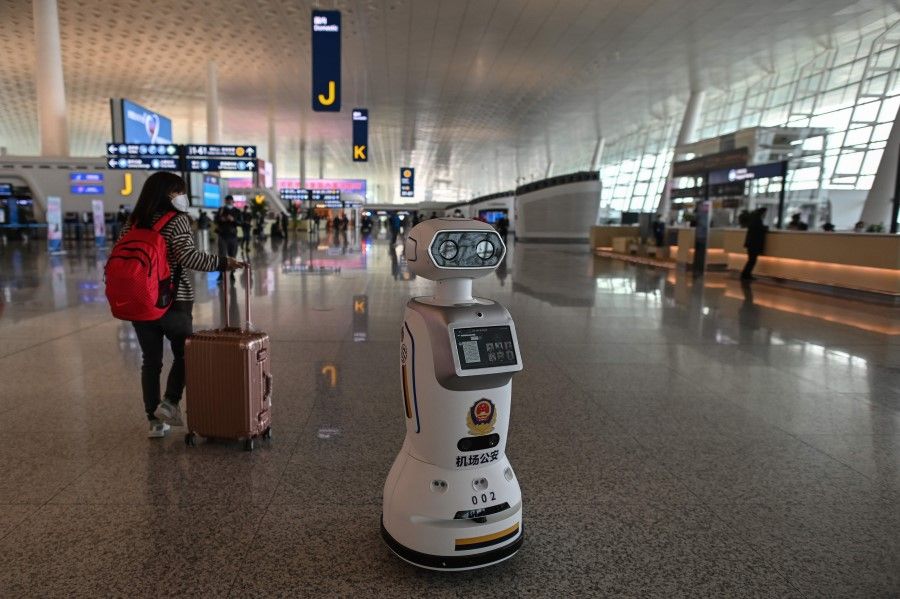
Among many potential projects, smart cities should be a priority. Urban centres have always been the heart of economic growth and technological revolution. Smart cities have an effective transformative effect on every aspect of our daily lives in cities and make city living more sustainable.
In the past few months, living conditions in urban areas have been among the worst-hit amid the outbreak of Covid-19. It shows that urban areas are particularly vulnerable to the outbreak of infectious diseases, and reminds us to rethink a better urban solution for cities. Smart cities may be the right answer as it is especially capable of managing natural disasters.
Developing smart cities
The Covid-19 crisis provides us with a good opportunity to reshape our cities. The urgency of the battle against Covid-19 has precipitated the final shift in gears in the use of high technology in cities. Now is the right time to accelerate the construction of smart cities in ASEAN and China.
China is including smart city construction as an important part of the whole post-Covid-19 recovery plan.
Actually, many cities in ASEAN are using smart city solutions to fight the Covid-19 virus. Singapore is a good example. It has made substantial progress in the development of a smart nation over many years. This time, Singapore has gone further than most cities in utilising smart city technologies to fight Covid-19. Almost overnight, digitalisation has become a reality everywhere: cashless transactions, working from home, large-scale home-based learning pilot programmes, digital modes of sales for SMEs, tele-medicine and actually tele-everything.
The Covid-19 crisis has also largely accelerated China's smart city development. Many technologies have been adopted to fight the virus, including AI, surveillance cameras, facial recognition, big data, and QR codes. China has even gone beyond short-term rescue measures, as it has always put smart city construction as a long-term priority of national development. Recently, Beijing announced as one of its stimulus measures, the plan of building the smart city ecosystem. It is called "new infrastructure investments", i.e. investments in 5G base stations, big data centres, AI, the Internet of Things (IoT), etc. In this way, China is including smart city construction as an important part of the whole post-Covid-19 recovery plan.
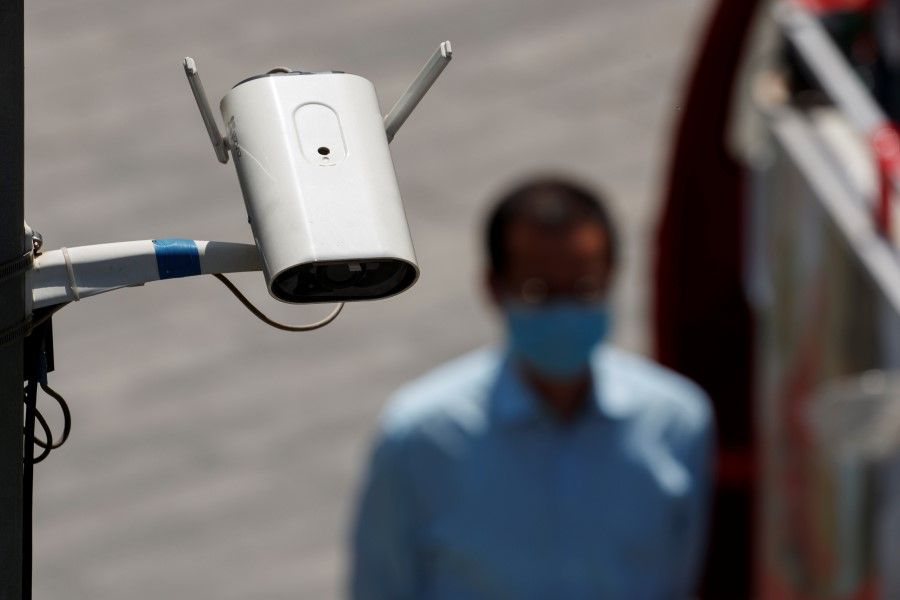
Good governance essential for regional smart city development
Cooperation in smart city development is of great interest to both China and ASEAN countries, and has been repeatedly proposed at China-ASEAN leaders' meetings. China has the largest number of smart cities in the world. Singapore and other cities in ASEAN have also accumulated a wealth of experience in smart city development. These factors will certainly make a meaningful contribution to the construction of smart cities in ASEAN.
Smart city construction requires creating an ecosystem to establish the right environment, culture and mindset.
To facilitate good cooperation, many difficulties need to be overcome. But the role of governments should be the top priority. Good cooperation needs good intergovernmental coordination. Only by working together can countries meet the huge challenges and establish win-win partnerships.
Good cooperation also hinges on the establishment of a good governance system. In other words, good governance must come before smart cities. The governance system should include the role of government in the following three aspects.
First, setting the strategic direction. Smart cities need to be led by smart leaders. The primary role of government starts with leadership and vision, followed by developing a consensus with multiple stakeholders. Smart city construction requires creating an ecosystem to establish the right environment, culture and mindset.
A smart city for inclusive development is more important than just smart city construction.
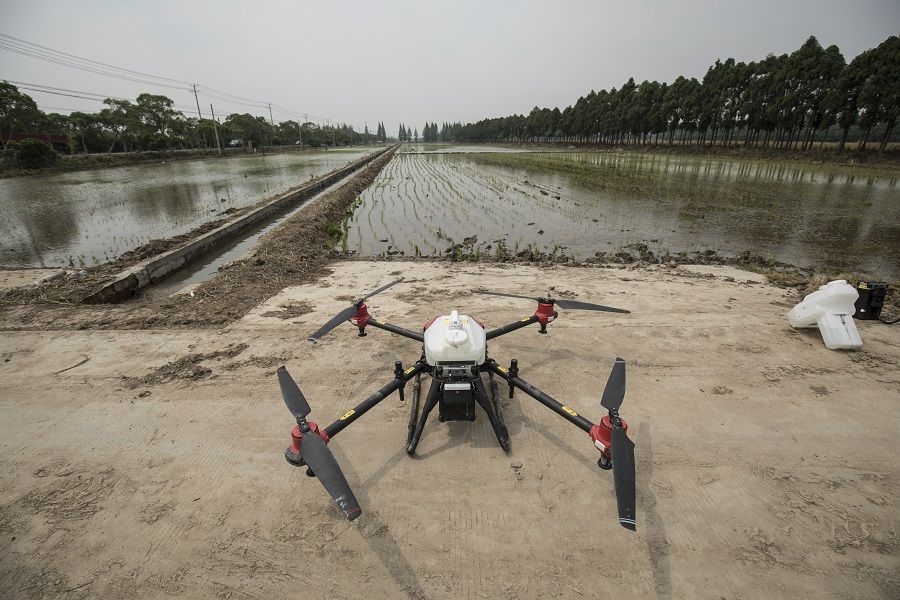
Second, making the smart city more inclusive. The digital divide is of particular concern in many countries. Therefore, governments should find effective solutions to help overcome the digital divide and enable the fruits of the new economy to be shared by all. A smart city for inclusive development is more important than just smart city construction. Government leaders have a duty to find out whether a smart city solution is necessary to address a real demand from the local people. Therefore, facilitating dialogue and coordination are very necessary for ensuring participation of all stakeholders. Without a focus on the community's needs, systems with the best technology are meaningless.
Last, developing regulations, especially as applied to data management systems. Data collection lies at the heart of smart cities. In some countries, privacy laws and rights make it more difficult to collect and use the data. Inevitably, there is a trade-off between the privacy rights of individuals and the rapid development of new technologies in the smart cities. In the past, it was very hard to have a balance. This time, the urgency of the response to Covid-19 could well be a game-changer for how people view personal data, and for where the balance lies between personal privacy and public interests. What governments can do is to take a leading role in ensuring that with sound regulation, the data management system can be trusted and will not be compromised.
